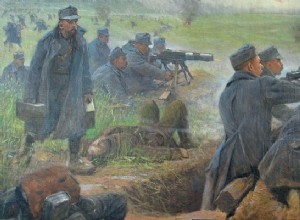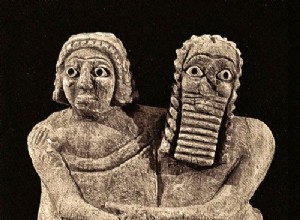Entry taken from the book The Plantagenets The war name of the Roses refers to the dynastic conflict that took place in England between 1455 and 1485 and that confronted the houses of York and Lancaster, rival branches of the Plantagenet dynasty. The name War of the Roses comes from the symbols of b




